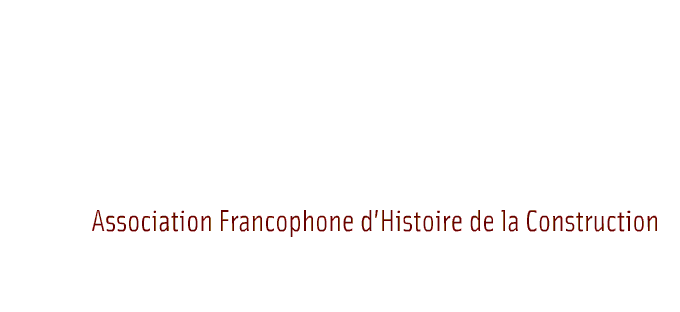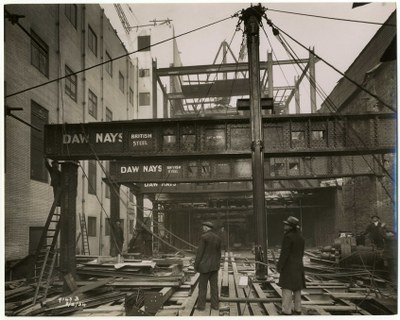Construction History Society Second Annual Conference
Construction History Society
Second Annual Conference
20-21 March 2015 Queens’ College, Cambridge
Revised Call for Abstracts
Construction History
Deadline: 15 October 2014
Following the success of the first conference, the Construction History Society is delighted to announce its Second Annual Conference will be held on Friday and Saturday the 20th and 21th March 2015 in Queens’ College, Cambridge. This will include paper sessions on Friday, and a dinner for those interested on the Friday night in the college dining hall followed by visits on Saturday and an international colloquium with invited speakers in the afternoon. Accommodation will be available in college for those that want to stay overnight.
Call for Abstracts
This revised call replaces the previous one and asks for abstracts on any aspect of Construction History from any country. Topics can include (but are not limited to) the history of engineering and structures; the construction of buildings, bridges, tunnels, damns; construction techniques; the developments of trades, guilds and trade unions in the building crafts; building economics; the supply and use of materials; cranes and temporary works. Papers are not accepted on repair or conservation techniques, but papers detailing discoveries about the history of construction made during repairs and conservation are welcomed. The techniques can be from anywhere in the world. An original limitation on papers only relating to British construction has been removed and the deadline extended.
Abstracts should be 200-300 words and include the title of proposed paper, name of author and contact details with university affiliation (if any). Abstracts should give an indication of where the paper sits within current literature on the subject and how the paper makes a contribution to the subject.
All abstracts should be submitted to chs@aha.cam.ac.uk
Abstracts will be peer-reviewed and the successful applicants will be asked to submit their final papers by 1 December. All those submitting must be prepared to attend the conference and present their papers in person. This is a condition of inclusion in the proceedings.
Submission of papers
The final papers will be approximately 4-6000 words in length in the proceedings including notes, references and legends, with a maximum of 8 figures. All accepted papers will be published in the peer-reviewed proceedings in the form of a book. The current intention is to have the book published in time for the conference itself.
Any queries please contact Dr James Campbell (jwpc2@cam.ac.uk).

